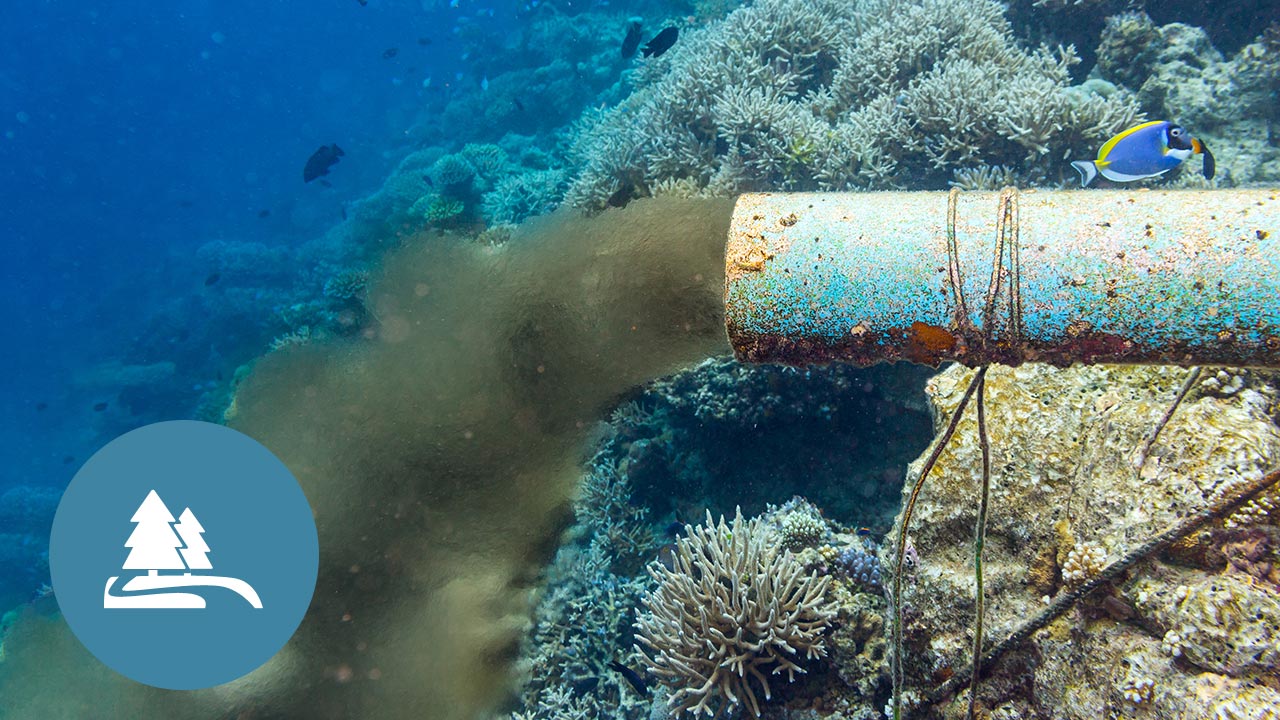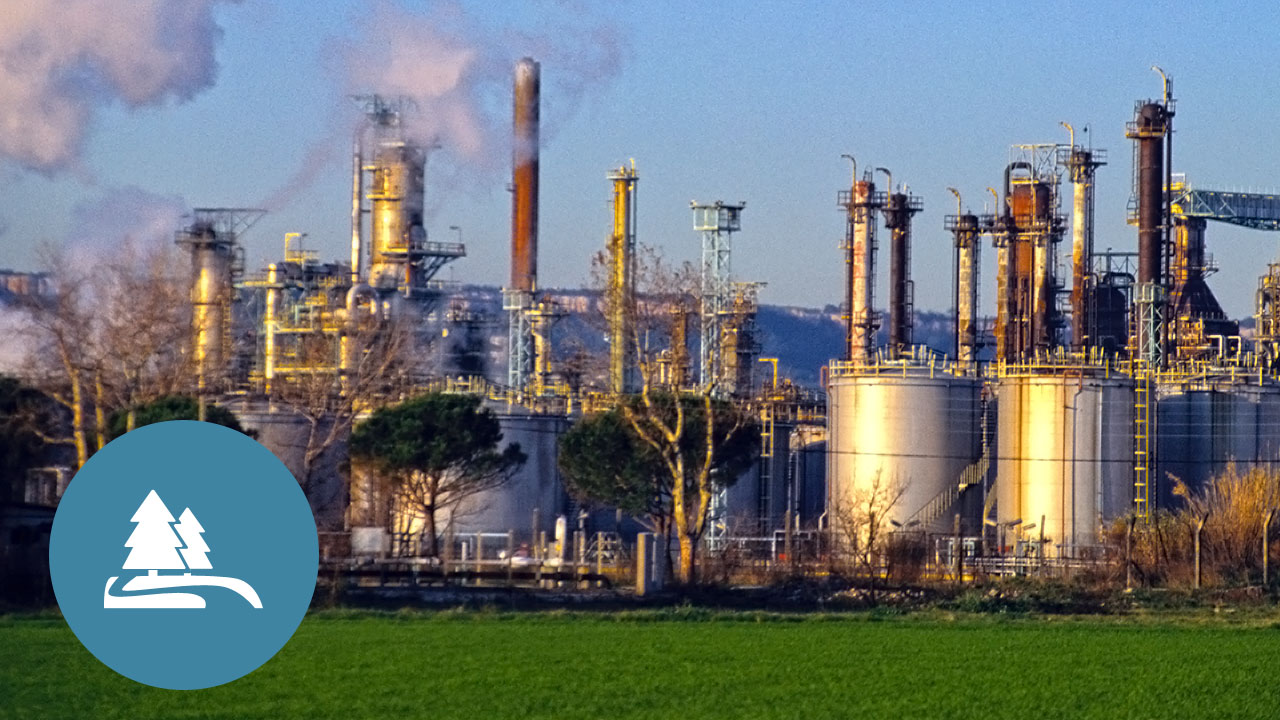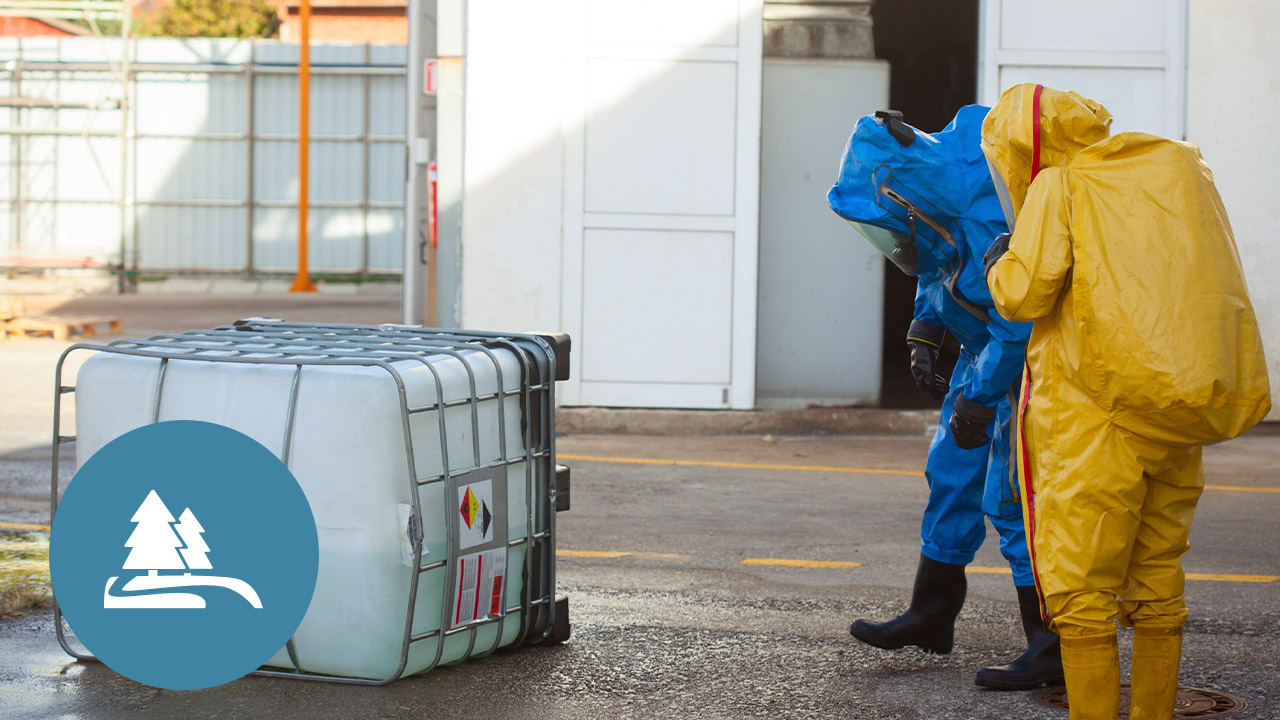Toxic Substances - Canada
- 6 topics | 43m 59s
- Up to 30 languages
- Transcripts
The Canadian Environmental Protection Act, 1999 (CEPA) allows the Government of Canada to promulgate regulations and develop guidelines and codes of practice designed to protect the environment and human health. This includes establishing strict timelines for managing substances found toxic under the act. Substances that are determined to be toxic under CEPA are recommended for addition to the List of Toxic Substances (Schedule 1) of the act. These control measures may be considered for any aspect of the substance's life cycle from the research and development stage through manufacture, use, storage, transport, and ultimate disposal or recycling. You'll cover compliance requirements under Part 5 of CEPA for production, importation, use, and disposal of both new and existing chemicals, as well as determining which chemicals may be subject to more detailed regulations – in particular PCBs, ozone depleting substances, and asbestos, which are known to present specific health concerns. This course was developed with subject matter support provided by Pinchin Ltd., an environmental, health and safety consulting firm with offices across Canada. Please note, the course materials and content were current with the laws and regulations at the time of the last expert review, however, they may not reflect the most current legal developments. Nothing herein, or in the course materials, shall be construed as professional advice as to any particular situation with respect to compliance with legal statutes or requirements.
WHAT YOU WILL LEARN
-
recognize the purpose of Part 5
-
recognize various lists and schedules found in CEPA to understand your employer's basic compliance obligations under Part 5
-
recognize the role of CEPA (Part 5) and its basic compliance requirements
-
understand when reporting to ECCC is required
-
identify some of the specific chemicals regulated under CEPA that pose unreasonable risk to health and the environment
-
recognize reporting requirements and specific chemical hazards
IN THIS COURSE
-
Scope of Part 56m
-
Part 5 Compliance11m
-
Knowledge Check: Part 5 Scope and Compliance4m
-
Reporting Under Part 58m
-
Specific Chemical Hazards9m
-
Knowledge Check: Reporting and Chemical Hazards2m
YOU MIGHT ALSO LIKE
COMPLIANCE-COURSE
Stormwater Pollution Prevention - Canada
COMPLIANCE-COURSE
Hazardous Waste Generator – Canada
COMPLIANCE-COURSE
Spill Prevention and Control – Canada


